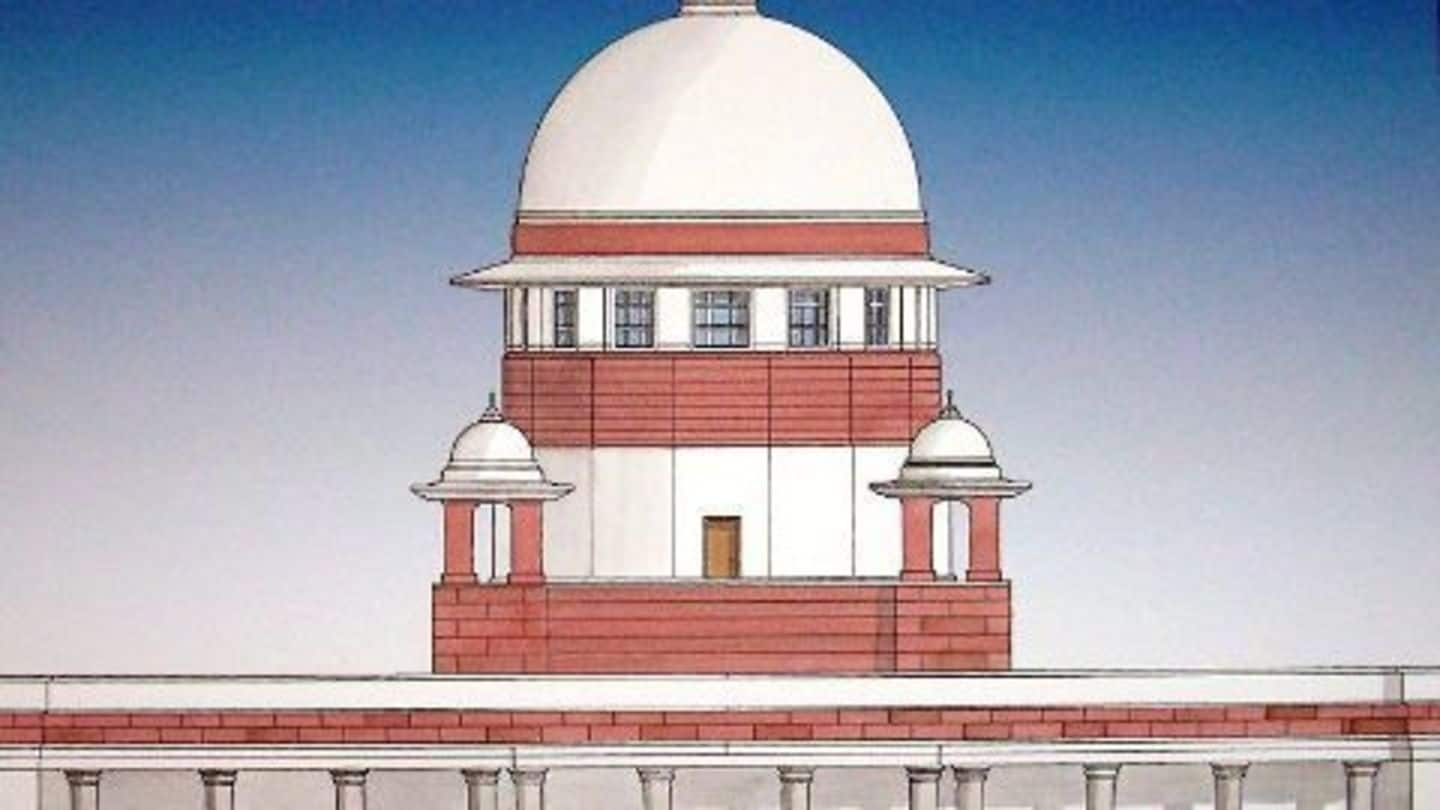
SC upholds Bihar, Orissa anti-corruption laws
What's the story
The SC delivered a landmark verdict upholding the anti-graft laws enacted by Bihar and Orissa, which were challenged as unconstitutional by individuals accused in corruption cases in the two states.
The SC stated that "corruption becomes a national economic terror" and effective laws need to remain to deal with this situation.
Under the law, assets of graft accused can be seized before conviction.
1988
The Prevention of Corruption Act (PCA), 1988
The Central legislation dealing with corruption is the PCA, 1988.
The act seeks to combat corruption in government and public sector entities in India.
Under the act, the Centre will appoint special judges who have sole jurisdiction over all cases under PCA.
Accused in PCA cases are to be tried under the Criminal Procedure Code.
Those convicted face a jail term of 0.5-5years.
2006
The Orissa Special Courts Act, 2006
Orissa was the first state in India to use Article 247 of the constitution to set up special courts to tackle corruption.
The act allows confiscation of properties of individuals accused in disproportionate assets cases and offers rewards for those exposing corrupt bureaucrats and officials.
A total of 52 petitions have been filed in Orissa HC against the act since its inception in 2006.
4 Mar 2009
Bihar anti-graft bill passed
The Nitish Kumar government passed the Bihar Court Bill, 2009, that will give the state additional powers to tackle accused in disproportionate asset cases.
Under the bill, properties of accused in such cases can be seized even if the matter was still in court.
The bill provides for setting up special courts to fast-track the process in cases involving public servants and bureaucrats.
15 Feb 2012
The Madhya Pradesh Special Courts Bill
The MP Special Courts Bill got the President's assent in 2012 and came into force on 15 February that year.
Modeled along the lines of the Bihar and Orissa Special Courts bills, it seeks to impose stiff penalties for bureaucrats and politicians engaged in corruption and disproportionate assets cases.
Under the act, special courts would be set up at Bhopal, Jabalpur, Gwalior and Indore.
Personal
Other states considering the law
Orissa, Bihar and Madhya Pradesh are the only states to have enacted the Special Courts Act. Goa, Maharashtra and Andhra Pradesh are considering enacting similar laws to stem corruption.
Opposition
Why were the laws opposed?
Petitioners argue that states do not have authority to pass such laws under the constitution.
They also state that the wording of the laws does not define the term "high public or political office".
The SC struck down the arguments stating that the wording was clearly defined and that states are empowered to enact these laws under the Prevention of Corruption Act, 1948.